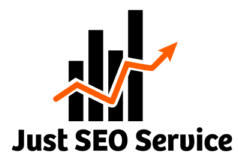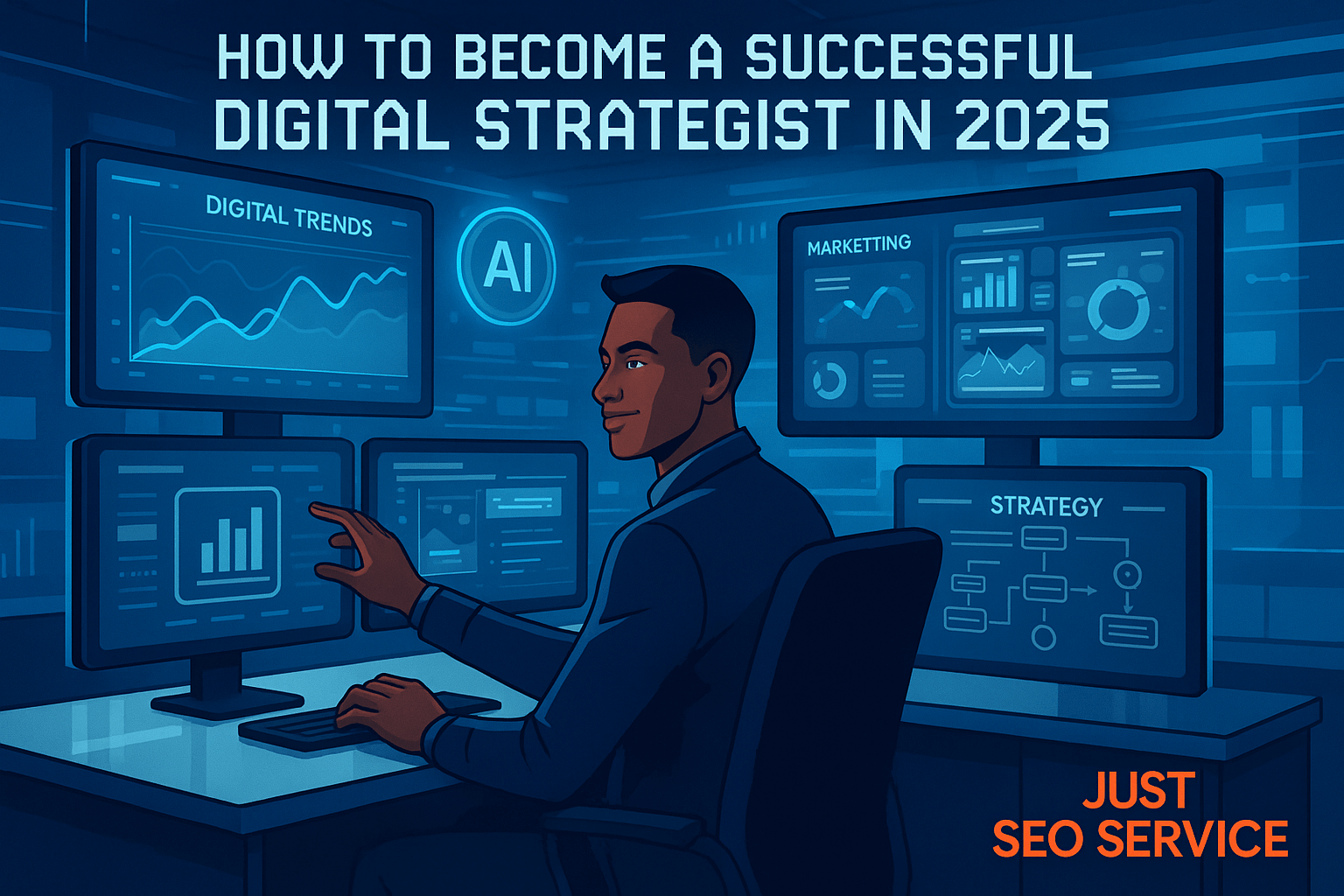How to Become a Successful Digital Strategist in 2025
The digital marketing landscape continues to evolve at breakneck speed, and the role of a
digital strategist has never been more critical. As businesses scramble to adapt to new technologies, changing consumer behaviors, and emerging platforms, companies are actively seeking skilled professionals who can navigate this complex environment and drive meaningful results.
If you’re looking to break into digital strategy or advance your career in this field, 2025 presents unique opportunities alongside distinct challenges. The demand for strategic thinkers who can blend creativity with data-driven insights has skyrocketed, making this an ideal time to position yourself as a successful digital strategist.
This guide will walk you through the essential steps, skills, and strategies you need to build a thriving career in digital strategy, from developing core competencies to landing your first role and beyond.
Master the Core Skills of Digital Strategy
Develop Data Analysis Expertise
A successful digital strategist in 2025 must be comfortable working with data from multiple sources. You’ll need to interpret website analytics, social media metrics, email campaign performance, and customer journey data to make informed decisions.
Start by becoming proficient in Google Analytics 4, which offers advanced insights into user behavior and conversion paths. Learn to use tools like Tableau or Power BI for data visualization, and familiarize yourself with SQL for database queries. Understanding how to extract actionable insights from complex datasets will set you apart from competitors who only scratch the surface of analytics.
Build Cross-Platform Campaign Management Skills
Digital strategy requires understanding how different marketing channels work together. Master the fundamentals of search engine optimization (SEO), pay-per-click advertising (PPC), social media marketing, email marketing, and content marketing.
Focus on learning how these channels complement each other rather than treating them as isolated tactics. For example, understand how SEO content can support PPC campaigns, or how email marketing can amplify social media efforts. This holistic approach is what separates strategic thinkers from tactical executors.
Strengthen Your Technical Foundation
While you don’t need to become a developer, having basic technical knowledge will make you more effective. Learn HTML and CSS basics to better communicate with web developers and understand website limitations. Familiarize yourself with marketing automation platforms like HubSpot, Marketo, or Salesforce Marketing Cloud.
Understanding API integrations, tracking pixels, and conversion tracking will help you design more sophisticated campaigns and troubleshoot issues when they arise.
Stay Current with Industry Trends and Technologies
Embrace AI and Machine Learning
Artificial intelligence is reshaping digital marketing, and successful digital strategists must understand how to leverage these tools effectively. Experiment with AI-powered content creation tools, automated bidding strategies, and predictive analytics platforms.
Learn about marketing automation sequences that use machine learning to optimize send times, content recommendations, and audience targeting. The key is not just using these tools, but understanding when and how to apply them strategically.
Monitor Emerging Platforms and Technologies
New social media platforms, communication channels, and marketing technologies emerge regularly. Successful digital strategists stay ahead of the curve by testing new platforms early and understanding their potential impact on their target audiences.
Subscribe to industry publications like Marketing Land, Search Engine Journal, and Social Media Examiner. Follow thought leaders on LinkedIn and Twitter to stay informed about emerging trends and best practices.
Build a Strong Professional Portfolio
Document Your Strategic Thinking Process
Create case studies that showcase not just the results you’ve achieved, but your strategic thinking process. Explain how you identified opportunities, developed hypotheses, designed experiments, and measured outcomes.
Include examples of how you’ve used data to inform strategic decisions, how you’ve managed cross-channel campaigns, and how you’ve adapted strategies based on performance feedback. Potential employers want to see evidence of strategic thinking, not just tactical execution.
Gain Hands-On Experience
If you’re transitioning into digital strategy from another field, start by offering your services to small businesses or nonprofits. This will give you practical experience while building your portfolio.
Consider freelance projects or internships that allow you to work on diverse campaigns across different industries. The more varied your experience, the more adaptable you’ll become as a strategist.
Network and Build Industry Relationships
Engage with the Digital Marketing Community
Join professional organizations like the American Marketing Association or local digital marketing meetups. Attend industry conferences such as Content Marketing World, Social Media Marketing World, or Search Marketing Expo.
Participate in online communities and forums where digital marketers share insights and discuss challenges. Contributing valuable insights to these discussions will help establish your reputation as a knowledgeable professional.
Find Mentors and Peers
Connect with experienced digital strategists who can provide guidance and feedback on your career development. Many professionals are willing to share their expertise with aspiring strategists who show genuine interest and initiative.
Build relationships with peers who are also developing their careers in digital marketing. These connections often lead to job opportunities, collaboration opportunities, and valuable knowledge sharing.
Navigate the Job Market Strategically
Target the Right Opportunities
Look for roles that emphasize strategy over tactics. Job titles to consider include Digital Marketing Strategist, Digital Strategy Manager, Marketing Technology Manager, or Growth Marketing Manager.
Research companies that are investing heavily in digital transformation. These organizations typically offer more opportunities for strategic work and career advancement.
Prepare for Strategic Interview Questions
Expect interview questions that test your strategic thinking abilities. Be prepared to discuss how you would approach developing a digital marketing strategy for their specific business, how you would measure success, and how you would adapt strategies based on performance data.
Practice presenting case studies from your portfolio in a clear, compelling way that demonstrates both your analytical skills and your ability to drive business results.
Position Yourself for Long-Term Success
The path to becoming a successful digital strategist in 2025 requires a combination of technical skills, strategic thinking, and adaptability. Focus on developing a deep understanding of how digital marketing channels work together to drive business results, stay current with emerging technologies and trends, and build a portfolio that demonstrates your strategic capabilities.
Success in this field comes from continuous learning and adaptation. The digital landscape will continue to evolve, and the most successful digital strategists will be those who embrace change and consistently develop new competencies.
Start by mastering the fundamentals outlined in this guide, then gradually expand your expertise as you gain experience. With dedication and the right approach, you can build a rewarding career as a digital strategist and help businesses thrive in an increasingly digital world.

